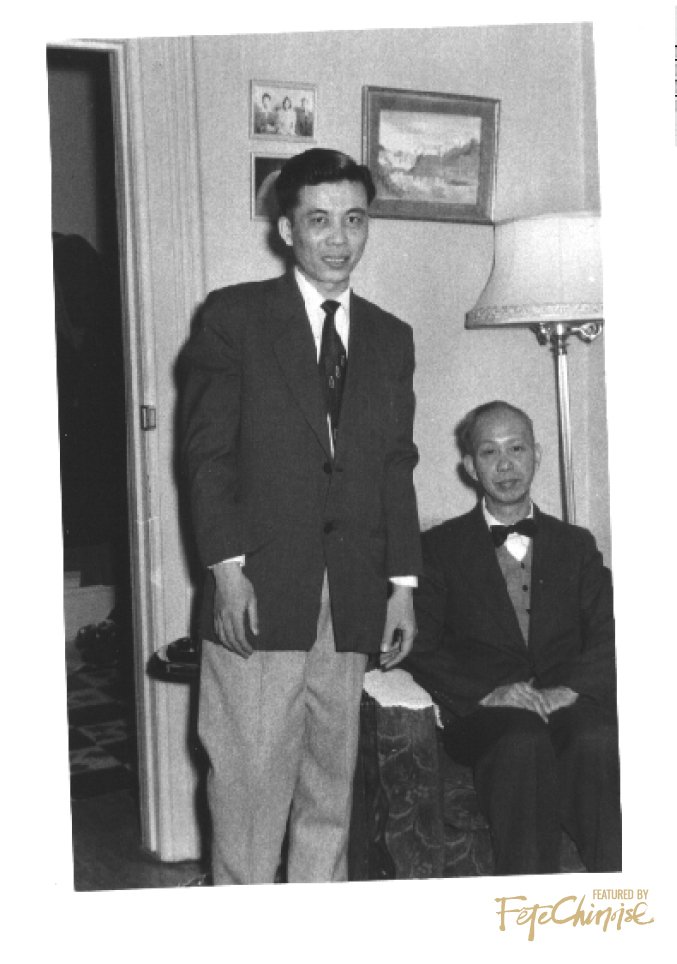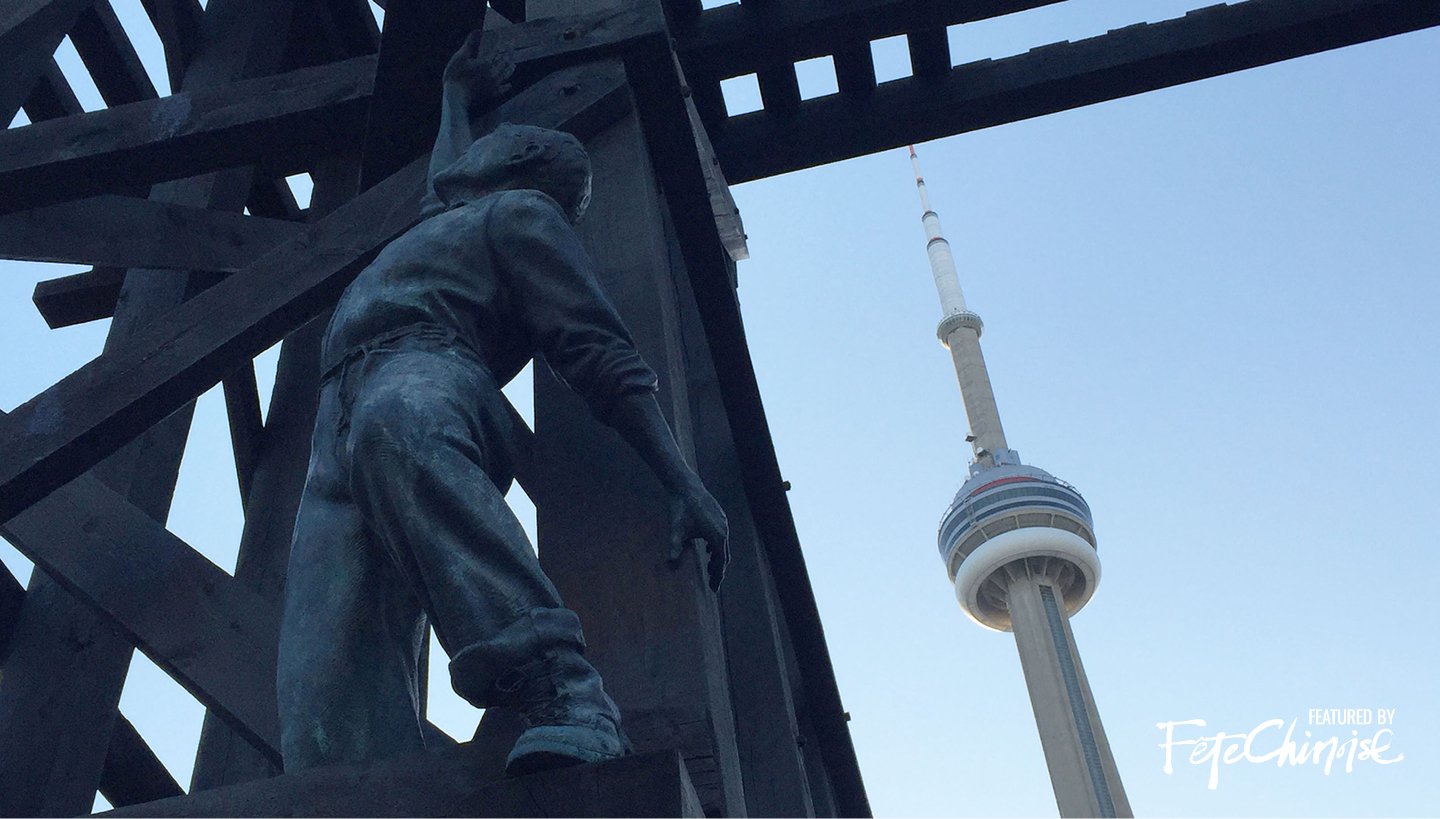This is what it means to me
Written by Richard Lee
Images provided by Richard Lee
This Canada Day long weekend many Canadians are celebrating our country’s confederation. But to many Chinese Canadians, this year is a sombre one as it marks the 100th year of the Chinese Exclusion Act.
This is what it means to me.
In the 1800s the Canadian government enlisted the help of Chinese migrants to complete the Canadian Pacific Railway.
17,000 Chinese pioneers arrived to do this dangerous work. My great great grand uncle was one of these men. He came from ToiSan.
In spite of their crucial contribution to the country, Canada did not want the Chinese to stay. They created harsh rules to keep them out. The Chinese Head Tax was drafted in 1885 to limit immigration, and required a $50 payment from each Chinese man (no women allowed).
By 1923, that fee became $500 - a monumental amount for a poor Chinese immigrant from Guangdong
My great grandfather was one of these men.
He entered Canada in 1918 and was required to pay $500.
This is my great grandfather’s head tax certificate.
He was 21.
My great grandfather, now the owner of a Chinese restaurant, with his son, my grandfather.
In spite of these challenges, the Chinese community continued to grow.
My family settled in Napanee, Ontario, near Kingston.
Common amongst immigrant families, the aim was for the subsequent generation to be better off than the previous one.
My dad and his younger brothers faced uphill battles. Still, for my dad, he was able to forge his own path, and succeed at a time when not everyone was ready for a Chinese person to be in a position of leadership.
Image on the left
My dad and me at 3 years old. 1983
Image on the right
Me and my son at 3 years old. 2020
Success means many things to many people. For me, it’s appreciating the sacrifices that were made by the generations before me. I wouldn’t be here if it weren’t for the impossible choices they had to make.
Me with family in Chinatown, Toronto.
We’re celebrating my great grandfather’s 90th birthday, 1985
There’s a monument to the Chinese railroad workers in Toronto. When it was first built, my dad took us there and impressed on us the importance of what this represented. This was a part of our history.
To this day, no other ethnic group has been excluded from Canada as it was set out in the Exclusion Act, nor has anyone been forced to pay money for entry.
Furthermore, the head tax money was never really returned to the families of these Chinese men. The attempt at restitution was lacklustre.
I’m not resentful. I don’t ascribe to the “day of Humiliation” as some do. It’s impossible to rectify all the errors made by men long dead in a futile effort to somehow make whole something that no longer exists.
But I can be grateful. I can spread knowledge. And I can pay tribute to my father and his fathers by being a good person; raising a good family; and succeeding here in a way that they could have only dreamed.
On this Canada Day, I say to all the men who sacrificed so much to give us – a generation of Canadian Born Chinese – thank you.





















Ginalina, the stage name of Vancouver-based musician Gina Lam, weaves a tapestry of sound that bridges cultures and generations. Her latest album, All The Earth Speaks, released last fall, is a testament to her artistic vision—a fusion of traditional Chinese and Taiwanese folk music with contemporary Western influences.